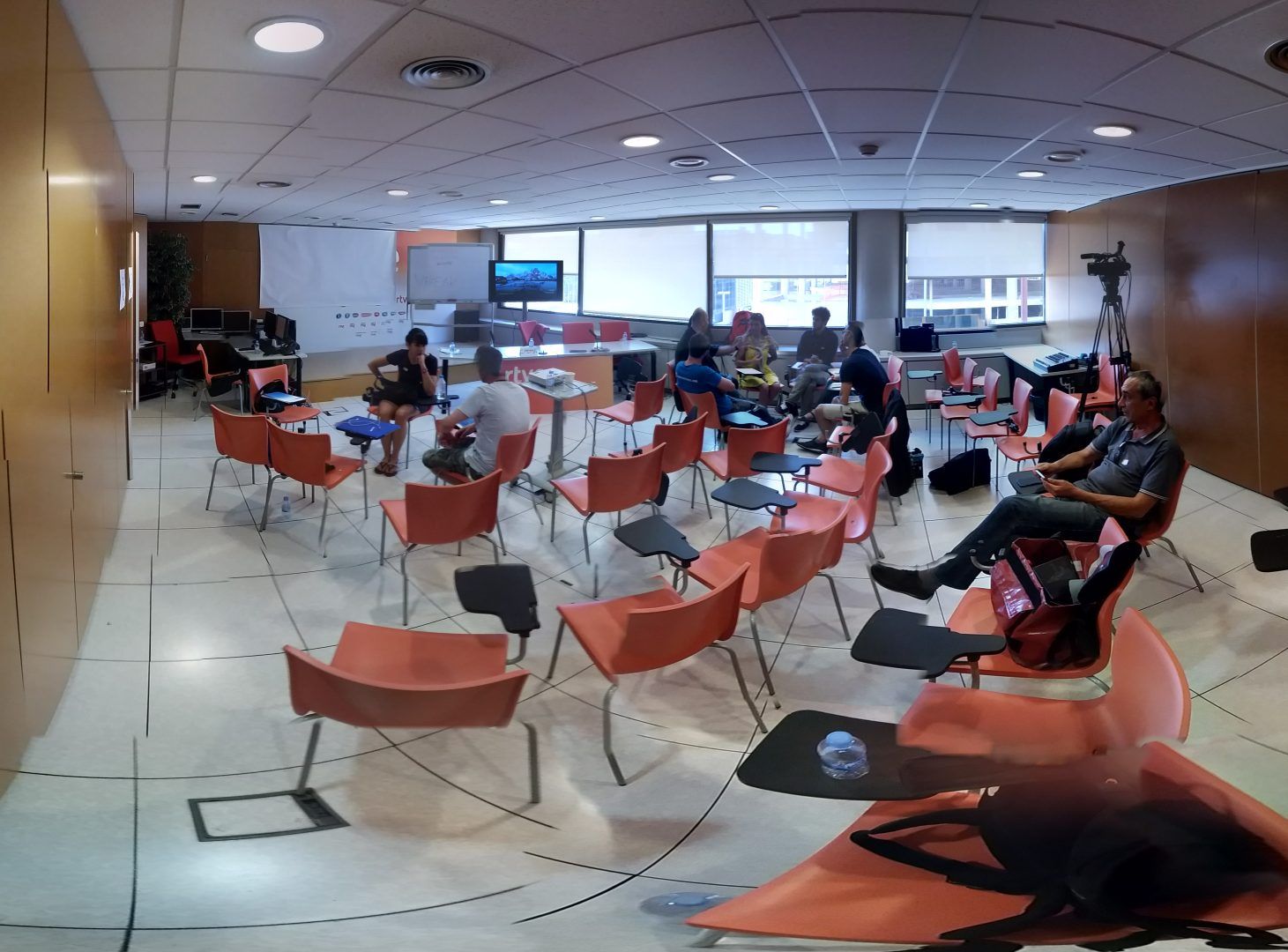Implementation

The planned duration of the project is 24 months. It will be implemented in 3 stages.
Stage 1 will focus on the production of the Mobile Journalism Curriculum. It will start with research into the existing resources for mobile journalism training (November 2015-January 2016), followed by the development of the Curriculum (February – May 2016). Once the Curriculum is developed we will proceed with training of the trainers (June – November 2016) and piloting f the Curriculum with youth participants (December 2016 – June 2017).
Stage 2 will be dedicated to training the trainers and the production of the Mobile Journalism MOOC. It will start with the development of the MOOC (June – November 2016), followed by piloting with the youth (December 2016 – June 2017).
Stage 3 will focus on launching the Y-NEX service and piloting the program with the youth, who will produce the news and disseminate it through the Y-NEX service and social media as the final learning outcome. Although the development of the Y-NEX service will begin with the start of the project (November 2015), and the testing of the service will be conducted during the last stages of the training of the trainers (October – November 2016), the launch of the Y-NEX service and social media presence is planned at the onset of stage 3 (November 2016) as these will be used in Curriculum and MOOC piloting. After the launch of the service, it will be permanently maintained.
Expected results
Developed Training Curriculum for Mobile Journalists: Developed 6 modules of curriculum; Curriculum in use in all 6 partner organizations; Conducted training of 18 trainers from 6 partner organizations; Increased skills and competences of 18 trainers; Conducted piloting with 150 youth from 4 partner countries; Increased employability of 150 youth through transversal skills and entrepreneurship education; Increased sense of entrepreneurship of 150 youth through entrepreneurship education, active participation in society and networking; 15 youth participated in Master Class in Mobile Journalism.
Developed Mobile Journalism MOOC: Developed 6 MOOC units following curriculum modules; MOOC launched online; MOOC piloted with 150 participants.
Launched the European Youth News Exchange: Y-NEX website and database developed; Y-NEX service launched; 300 authors registered with the Y-NEX service; Y-NEX news portal launched; 1200 news published; 1200 news reposted to other media; social media presence established with YouTube, Facebook, Twitter, Google+, Pinterest and LinkedIn; news published on the Y-NEX service shared across the social networks.
Expected impact
- Increased capacity of local youth organizations / education and training institutions.
- Empowered youth actively participating in democratic and social processes.
- Development of human rights, democracy, social inclusion and e-inclusion.
- Contribution to economic development through increased employability, creativity, innovation and entrepreneurial mindset of the youth. Increased networking among the youth, youth organizations, education and training institutions, youth media and public media.
- Raised awareness on topics of priority for youth.
- Promotion of citizen journalism as a means to empowerment.
- Support for the implementation of 2013 Communication on Opening Up Education.
- Enhancing digital integration in learning, teaching, training and youth work.
- Support for the implementation of the EU Youth Strategy.
- Support for the implementation of the EU Grand Coalition for Digital Jobs.
